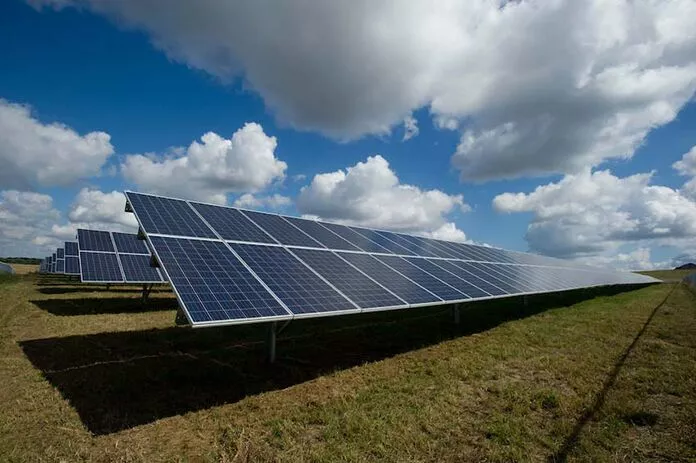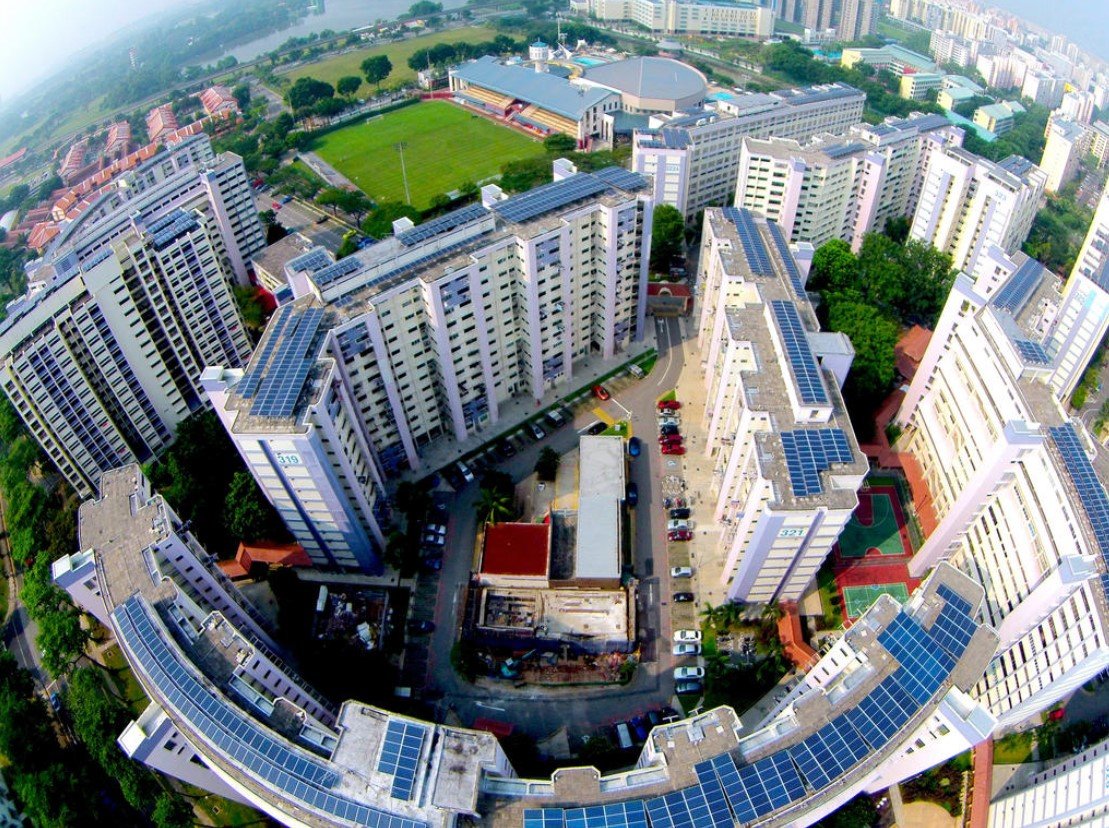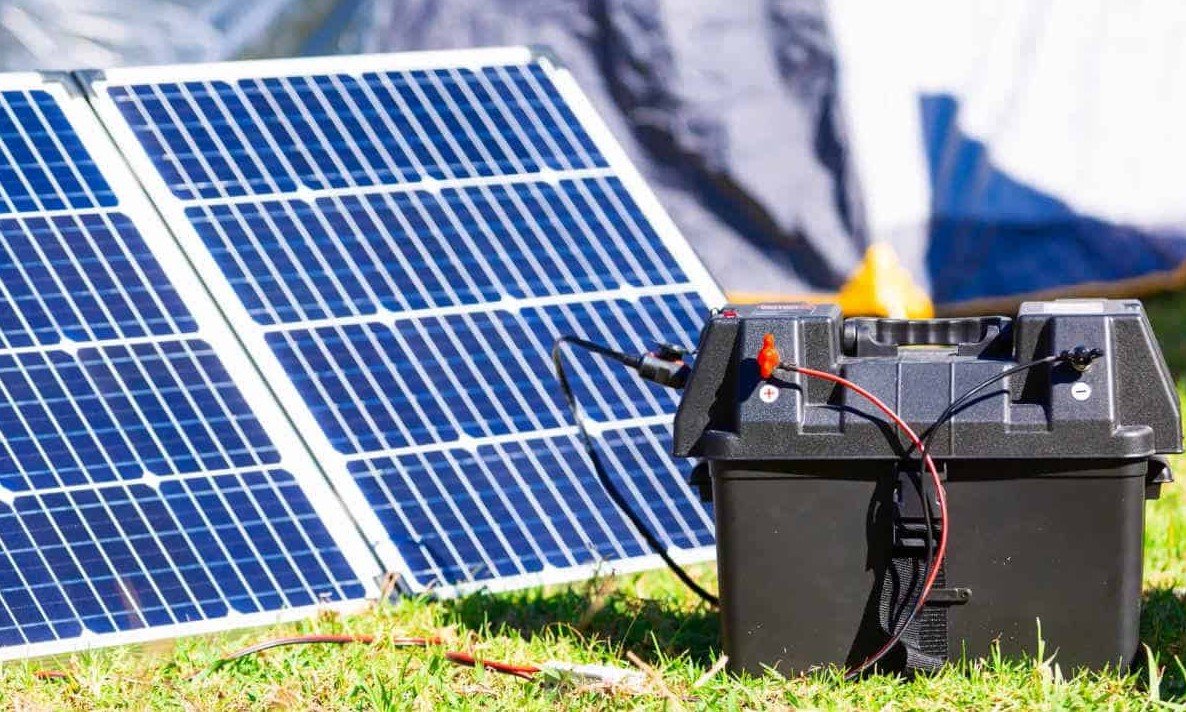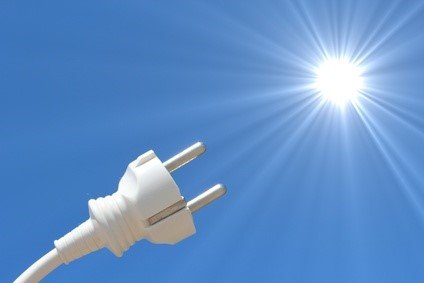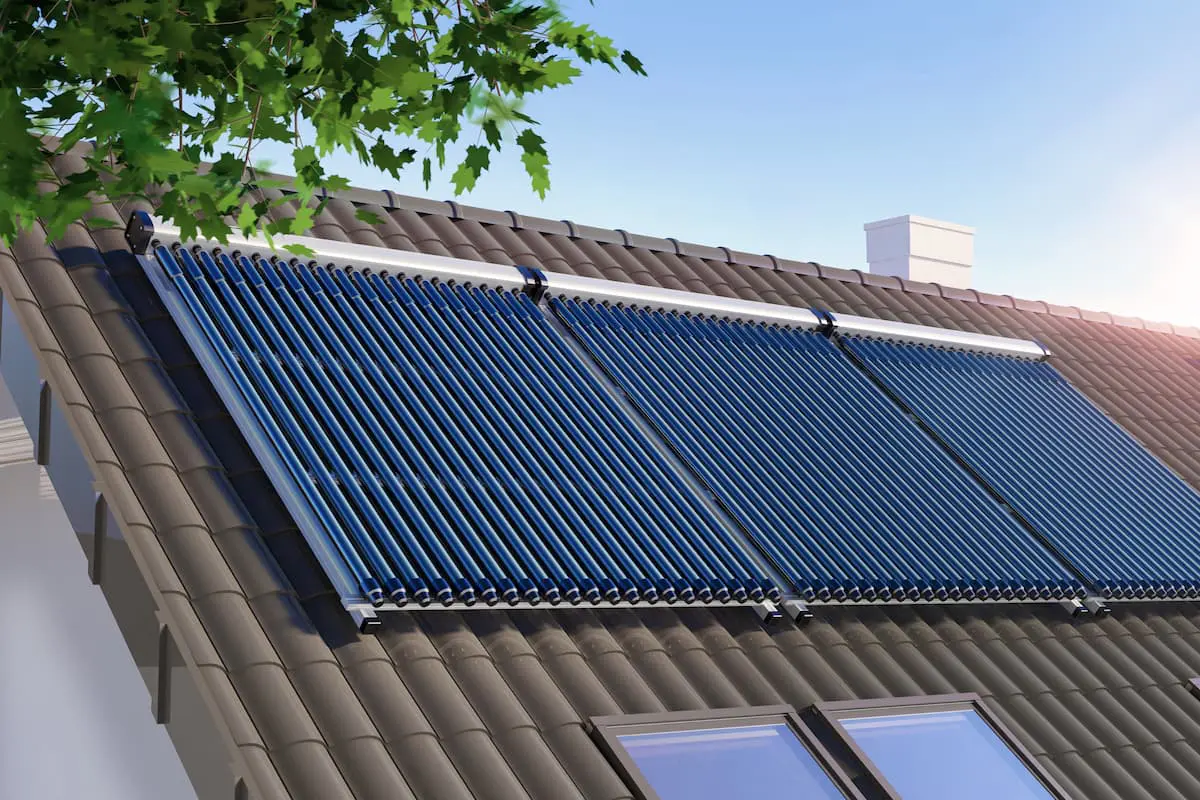
Heating and solar panels
When it comes to heating our home using energy from the sun , so when establishing a relationship between heating and solar panels, we must bear in mind that not all solar panels are the same or offer the same benefits. Before opting for one type or another to produce heat, we must take into account what our needs are and what kind of property we need to heat, in order to choose the most suitable solar panel. Solar panels are classified according to the main uses we give them : generate electricity, heat water or both.
Heating and solar panels
Depending on their purpose, the main types of solar panels that we find on the market are:
- Photovoltaic solar panels.
- Thermal solar panels.
- Hybrid solar panels: Photovoltaic + thermal.
The main difference between them is that photovoltaic solar energy converts the sun’s energy into electrical energy directly, while thermal solar energy uses the sun’s energy in the form of heat to heat water or its circuits.
Therefore, it is important to take into account the ultimate purpose of the solar installation that we want to have in our home. If we only want to heat the house, we must opt for solar thermal panels, but if we are not clear about this purpose or if we want to cover a greater number of energy needs to cover, both electricity and heat obtained through it, we must opt for photovoltaic solar panels. .
In addition, the installation of photovoltaic solar panels is compatible with a previous installation of thermal solar panels , as long as there is space available on the roof of the house .
Photovoltaic solar panels and heating
Photovoltaic solar panels transform energy from the sun into electricity and are a clean alternative to generate the electricity needed to heat a home through a central heating system with electricity . In this way, the photovoltaic panels provide the power supply for the electric heaters.
Photovoltaic solar panels are ideal for homes that have a central heating system with electricity, both storage heating systems and electric radiators. In addition, the electricity generated by solar panels can also be used to supply electricity to the home.
In photovoltaic installations applied to electric heating we find consumption controllers . Through these we can program the heating and domestic hot water (DHW) generation systems to optimize their cost according to the generation of solar energy. These devices are capable of limiting the operating hours of solar heating and some are already integrated into photovoltaic installations.
There are also inverter solutions on the market that allow solar heating consumption to be covered only with solar energy and never from the electricity grid.
Benefits of heating from solar energy
The heating that comes from solar energy allows the use of the sun’s rays to convert them into electrical or thermal energy depending on the type of panels that we install. A clean energy that cares for the environment and that allows us to heat the home in a totally sustainable and efficient way and that also helps us to save a significant amount of money at the end of the month.
The sun is an inexhaustible and non-polluting source of energy, an efficient, economical and sustainable system that provides us with the energy we consume. In addition, while the prices of fuel and electricity continue to rise, solar energy is presented as an attractive alternative and increasingly demanded by consumers, who will see how their monthly spending decreases while caring for the environment. .
But, what are the most significant advantages of using solar energy to heat our home ?
- The sun is an inexhaustible source of energy.
- It is a clean energy that does not pollute or generate any type of environmental impact.
- It is ideal for houses located in isolated areas.
- They are easy maintenance facilities.
- It will only be necessary to make an initial investment, and it can be amortized approximately 5 years after its installation.
- Reduce energy consumption since the cost of heating and hot water will be reduced considerably.
- Reduce our carbon footprint. Using solar energy instead of fossil fuels reduces the amount of carbon dioxide emitted into the atmosphere.
- Grants and subsidies. Depending on where the house is, we can get different aid and subsidies from public administrations.

